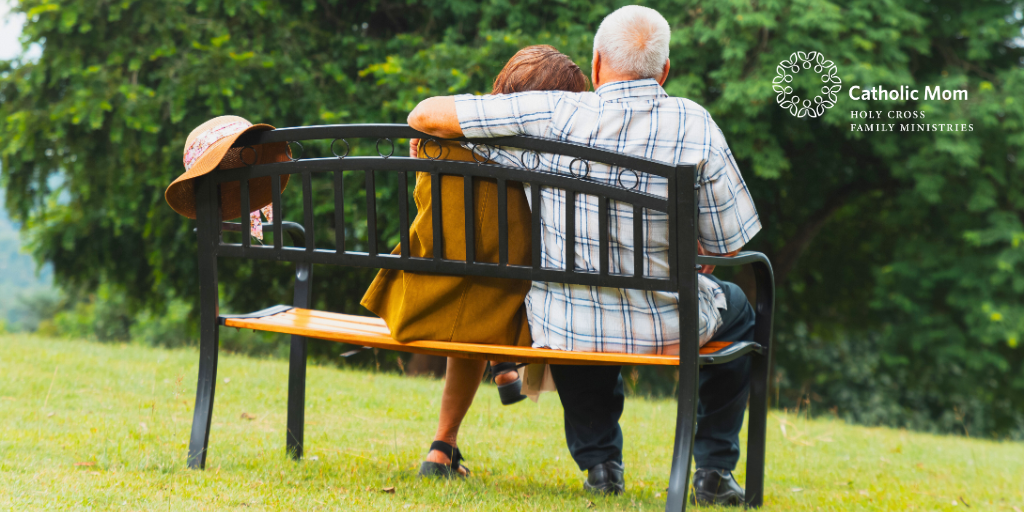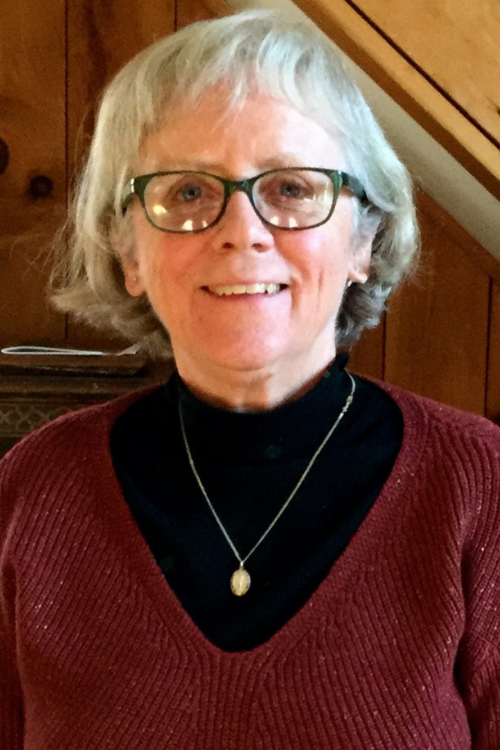
Kathryn Swegart explores a surprising truth about fidelity in marriage.
Manoel Dino and his wife, Maria, sit close to each other listening to the radio and then plan to watch a broadcast on television. It is their nightly routine as they peacefully end another quiet day.
Despite their humble life, Dino and Maria recently made the news. The Brazilian couple were named by the Guinness Book of World Records as having the longest marriage of a living couple. Manoel, 105, and Maria, 101, have been married 84 years and 77 days as of this writing. But who is counting?
At the end of this essay, I will reveal what Manoel and Dino were watching on television and listening to on the radio. It is important.
Eight decades of marriage is impressive. It makes a person wonder how they survived and even thrived in the long and winding road of life. Let us delve into their lives.
The couple were married in a rural area of Brazil in 1940. Back then, Franklin D. Roosevelt was president and a loaf of bread cost ten cents. Manoel was a tobacco farmer. They raised thirteen children. At last count they had 55 grandchildren, 60 great grandchildren, and 14 great grandchildren. I imagine that it was, at times, a hard life filled with many joys and sorrows. Still, their marriage grew stronger each year.
It is highly likely that they will be faithful to each other until death. Just a wild guess.

The Importance of Fidelity
Let us look at what respected Catholic counselor Gregory Popcak, PhD, has to say about fidelity in marriage.
In his book, The Exceptional Seven Percent: The Nine Secrets of the World’s Happiest Couples, Popcak writes about the importance of fidelity. One might be surprised to read that he expands the notion of fidelity beyond the sexual realm:
[The exceptional couple] promise to “forsake all others” includes all those entanglements, friendships, family-of-origin commitments, career opportunities, and community involvements that do not serve to increase the physical and mental health of each spouse. (68)
That can be a tricky dance.
My Own Experience of "Forsaking All Others"
In 1993, we moved from Cape Cod and its sandy beaches to Maine and its rocky shores. My husband had been offered a job in Maine, so we made the leap. That was gut wrenching for me. My widowed mother, who lived on Cape Cod, shed tears as we packed up the U-Haul and drove north to the frozen tundra (or so I thought) of northern New England. To tell the truth, temperatures did plunge to 20 below zero that winter. I missed Cape Cod, and I missed my mother. I missed my friends. I missed the moderate climate.
In deer hunting season, I was grossed out by the sight of deer carcasses hanging out the back of pickup trucks. It took me a year to adjust.
I look back now and see all the good that came out of that sojourn to Maine. Thanks to my husband’s employment, we were able to buy a small farm. Our three kids reveled in the hardy winters filled with ice skating, cross-country skiing, and sledding. They learned how to do chores caring for goats, chickens and a beef calf. I called Mom every day. We visited her four times a year, enjoying the warm waters of Cape Cod Bay and her smiles as she ran out the door to go golfing.
Our move to Maine was a crossroads, a tough decision that required trust that God was leading us on the northbound lane. I did have to “forsake all others” for my husband’s well-being.

Now let us return to Manoel and Maria. Each night they sit beside each other and listen to the Rosary on the radio. After that, they watch the Mass on television. I imagine they have not a worry in the world.
Share your thoughts with the Catholic Mom community! You'll find the comment box below the author's bio and list of recommended articles.
Copyright 2025 Kathryn Swegart
Images: Canva
About the Author

Kathryn Swegart
Kathryn Griffin Swegart is an award-winning author of Catholic books for children. Kathryn and her husband raised three children on a small farm in rural Maine. She is a professed member of the Secular Franciscan Order and contributor to Magnificat. Visit her website at KathrynSwegart.com.


.png?width=1806&height=731&name=CatholicMom_hcfm_logo1_pos_871c_2728c%20(002).png)
Comments